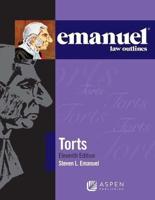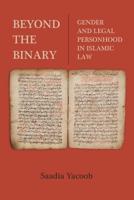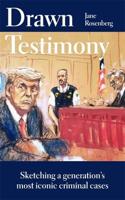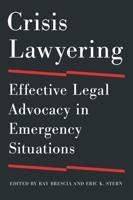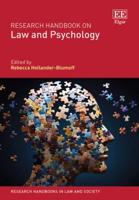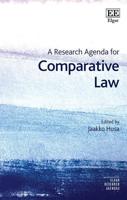Publisher's Synopsis
This historic book may have numerous typos and missing text. Purchasers can usually download a free scanned copy of the original book (without typos) from the publisher. Not indexed. Not illustrated. 1901 edition. Excerpt: ...at Shanghai en route for Japan, he was no better pleased. Impatient in his desire to present his credentials, and to insist upon an official residence at Peking, and urging that it was a favorable time to press China' for more satisfactory relations, he asked Perry 43 to leave a naval force at Shanghai to make his demands and negotiations more effective.1 His proposition was disregarded. With no vessels at his command, and no prospects of diplomatic intercourse by the close of the year, he was not sorry to close his mission and return to the United States. The unreserved publication of his despatches (even of his most confidential letters) in July, 1854, gave the world an opportunity to see the extent and character of his vexations. His intention to leave China he 42 Sen. Exec. Doc. 34, 33-2, pp. 23-26. 43 In a note to Perry on May 13, Marshall said: " If the Emperor of China confronted by a formidable rebellion... would prefer to hazard war with the United States to an admission of their envoy to this court, yet will not execute his treaty obligations by appointing a proper public officer to adjust questions which arise in the foreign relations of his government, the United States might well desire to modify their policy with Japan until their future relations with China were more clearly ascertained." In the latter part of the year, Perry who had returned to Hong Kong from Japan, was requested by Marshall to cooperate with him in an attempt to visit Peking to learn the exact condition of the revolution, to insist upon commercial rights, and to assure the " Christian Emperor" of his readiness to acknowledge the new government; but the Commodore, stating that neither of the Chinese parties was in a condition to negotiate, refused to take...


